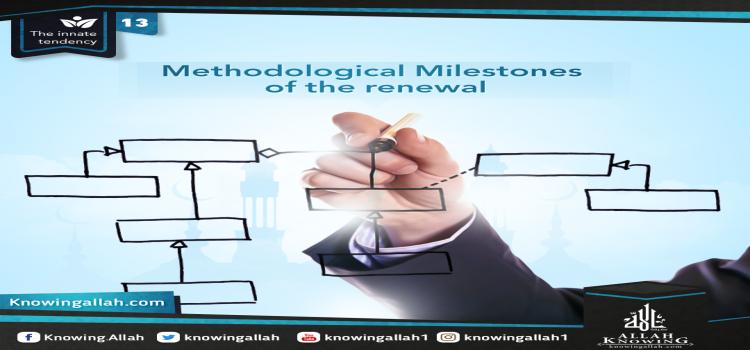Chapter 2, Verses 285 & 286: Basic Beliefs and Relationship with God (part 2 of 2)
In the previous article we established that God does not burden a person beyond his or her capabilities and that each person is responsible for his or her own actions. On the Day of Judgement no one is able to intercede on behalf of anyone else. Each person stands alone before God and it is God Alone who will question His servants and judge them. Good deeds will be taken into account and often multiplied. In accordance with the principle that a bad deed belongs only to those who committed it, a person will be punished only for a bad deed that he has performed, not one that involuntarily came to mind.
Prophet Muhammad, may the mercy and blessings of God be upon him, said, "God has pardoned my Ummah for what they say to themselves, as long as they do not utter it or act on it."[1] He also told us that "God said (to His angels), ‘If My servant intends to commit an evil deed, do not record it as such for him, and if he commits it, write it for him as one evil deed. If he intends to perform a good deed, but did not perform it, then write it for him as one good deed, and if he performs it, write it for him as ten good deeds.’"[2]
Next God explains to the believers how to supplicate and ask for forgiveness and mercy. The opening chapter of the Quran was a lesson in how to praise and ask for guidance; this is a lesson in the best way to beseech God. Essentially it is an earnest plea from the believers and a prayer or supplication that defines the believer’s relationship with God. It implies human weakness and need for mercy and forgiveness from God. Do not take us to task if we do wrong or forget. Error and forgetfulness are two defining traits of human behaviour. However a believer always seeks God’s help and always turns to him in repentance.
Subsequently the believers plead with God saying please do not place on us a burden like those placed on the people before us. This is a plea by the weak to the All-Powerful. A conscientious believer does not want to fail, he wants to do well and please God, thus he is asking please don’t place on us a burden that is difficult to bear. In the past people carried burdens that were too demanding and therefore contributed to them failing in their duty to their Lord. Strict laws were placed on previous nations such as the children of Israel and this entire chapter has outlined various episodes in their history. With this in mind we find an impassioned plea for ease and laws that are easy to follow and fulfil.
Pardon us, forgive us and have mercy on us. This sentence encapsulates the only real guarantee of success in this life and admittance to Paradise; the mercy of God. No matter how hard a person strives, he will achieve nothing of consequence unless God bestows His mercy upon him. Aisha, the beloved wife of Prophet Muhammad conveyed to us that the Prophet said that none would attain Paradise by virtue of their deeds alone. She is reported to have asked him, "Not even you?" and he replied, "Not even me, unless God bestows His mercy upon me".[3]
You are our Protector means that You are our supporter and helper. The believers say that You are sought for every type of help, You are the only One on which we truly rely. There is no power or strength except from and through You oh Lord. The final line pleads for victory over the disbelieving people. This means those who reject the message, refuse to accept the religion offered to them and those who deny the Oneness of God. This is a statement that asserts the believers to put their full trust in God who is able to do all things and defend the True Religion against its foes.
In more than one narration from the traditions[4] of Prophet Muhammad it is recorded that God replied to this supplication with the words, ‘I will’ and in another narration it is said that God answered ‘I did’. This long chapter that covers many rules and regulations finishes by detailing a believer’s obligations in this life whilst emphasising that God knows His creation well and considers the weaknesses and shortcomings of humankind. It asserts that God will not overburden the believers. In conclusion these final verses are a concise summary of the themes of the chapter and also a summary of the central characteristics of the faith of a believer.


